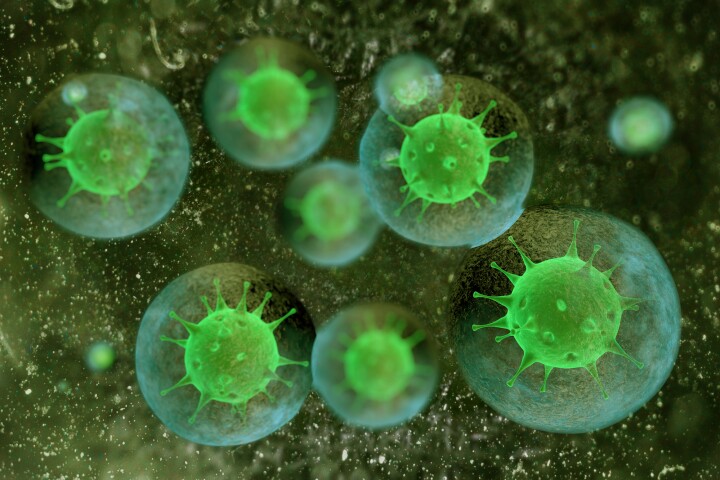Allergies
-
Adding weight to the large body of scientific evidence that has found phenylephrine is as useless as a placebo for nasal congestion, an advisory panel has declared common oral medications ineffective and urged for them to be removed from sale.
-
A new study has found that the contents of commercially produced extracts used to test for shellfish allergies differ widely between manufacturers. The researchers say the lack of standardization increases the risk of false negatives.
-
A new study has found that four major childhood allergies share a common feature: an imbalance of gut bacteria during infancy. Researchers say that correcting this imbalance could potentially prevent lifelong allergic diseases.
-
Researchers have found a link between infant food allergy and asthma in later childhood. They say their findings can help healthcare professionals to be more vigilant around monitoring the respiratory health of children with early food allergies.
-
Egg allergies are one of the most common allergies in children, triggered by everything from meatloaf to flu vaccines. Now, researchers have used genome editing technology to develop a chicken egg that may be safe for allergy sufferers to eat.
-
While three million Americans suffer from a nut allergy, there's little in the way of medical intervention. But in a world first, researchers have taken a cue from the pandemic vaccines and used mRNA technology to help the immune system fight back.
-
Researchers have discovered new information about how the body’s antibody-mediated immune system works, calling into question long-held scientific understanding and opening the door for potential advancements in immunological treatment.
-
A trial has tested whether introducing small quantities of boiled peanuts to a child's diet can treat allergies. After the year-long treatment, 80% of children could tolerate peanuts but the researchers caution the therapy is still experimental.
-
A single protein called Fel d 1 is responsible for the lion's share of human cat allergies, but a company called InBio says its initial research indicates a promising possibility that this protein can be eliminated safely using CRISPR gene editing.
-
Peanut allergies can be very serious, potentially resulting in life-threatening anaphylaxis. There could be new hope for eliminating such allergies, however, thanks to the use of peanut-packin' microneedles.
-
For decades those with multiple sclerosis have suggested dairy products can exacerbate their disease. Now researchers have shown how this could be occurring, by finding a protein in cow milk can trigger the immune cells known to damage neurons in MS.
-
The latest results from a team developing treatments for peanut allergies have reaffirmed promising earlier findings, and also teased out new insights around the long-term treatment outcomes and how side effects might be kept to a minimum.
Load More











